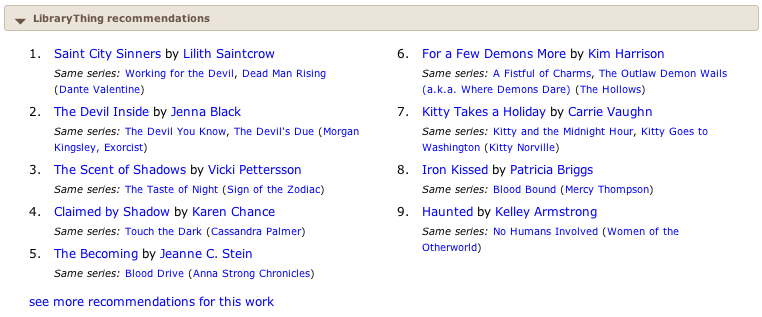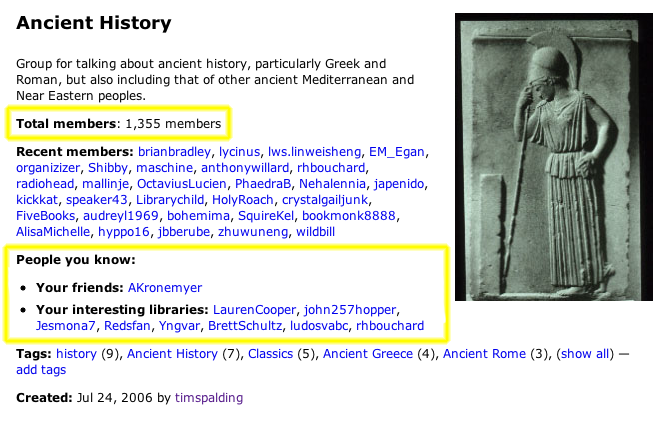In light of a plan to create a “portable,” “branch-a-day library” in Portland, Maine–LibraryThing’s home–I’ve been thinking about the various possible sorts of “libraries outside of libraries.”
I am of two minds about such projects. I like to see interesting experiments, but dislike replacing valuable services. It doesn’t help that one of the two branches Portland is closing is in my neighborhood. As a branch, it wasn’t the best, but it would take quite a “portable library” to make up for it even so.
Nevertheless, I came up with a list of five types libraries outside of libraries (exluding what might be done with ebooks). Are there any I’m missing?
1. The Bookmobile.
2. The Short-Lived Library. Set up a branch library that lives for a defined period of time, like Boston’s Storefront Library. It’s like an “event store,” but a library. The Storefront Library was a big community success.
3. “Branch-for-a-day.” Find a bunch of spaces–empty storefronts, community center rooms or whatever–and roll full book carts into them on a schedule–Monday this neighborhood, Tuesday that neighborhood, etc. Has this ever been tried?
4. The Cafe Shelf. Set up mini-branches consisting of shelves–general or themed–in public commercial spaces, like coffee shops. The books would be owned but probably non-collection items. Care would be taken to tie all the books back to the main collection, with paper inserts or whatever.
5. The Vending-Machine Library. Like Conta Costa’s Library-a-Go-Go, a cross between Redbox and your library. It’s like a library, but with no pesky salaries and a terrible selection.
Thoughts?






